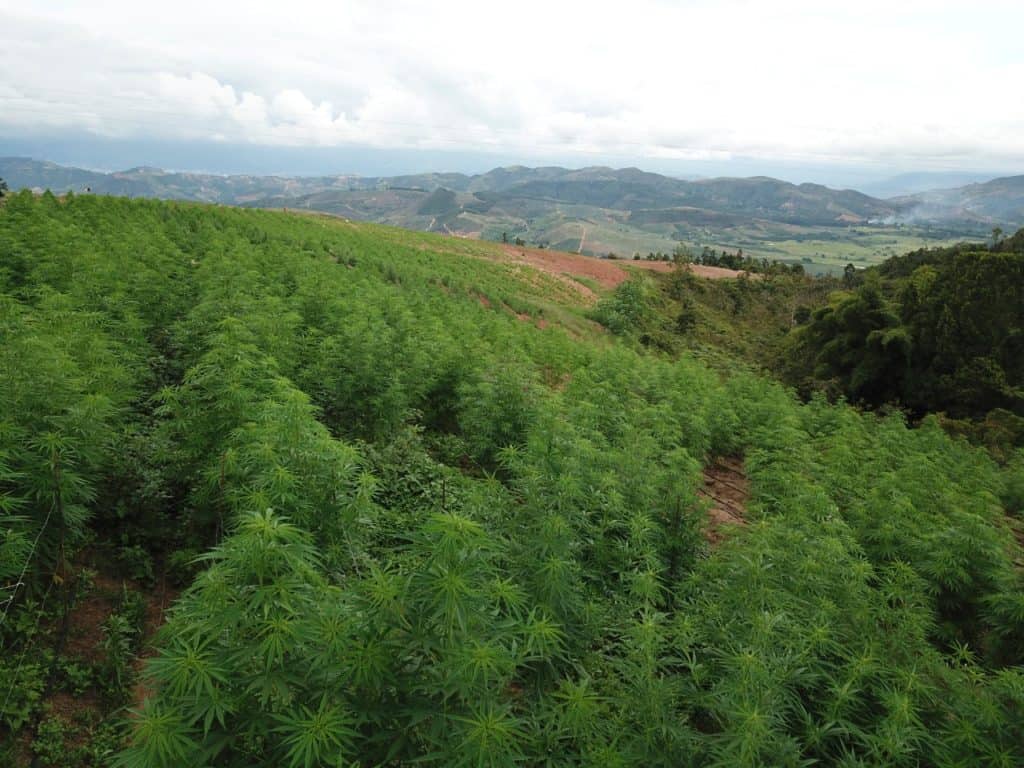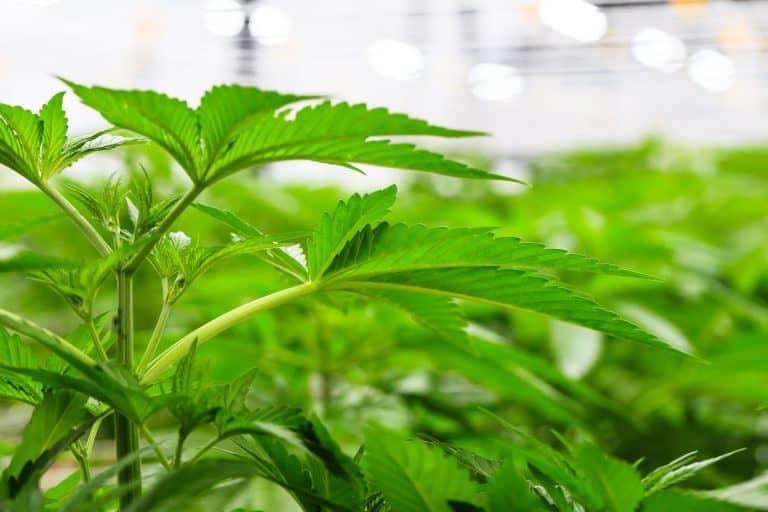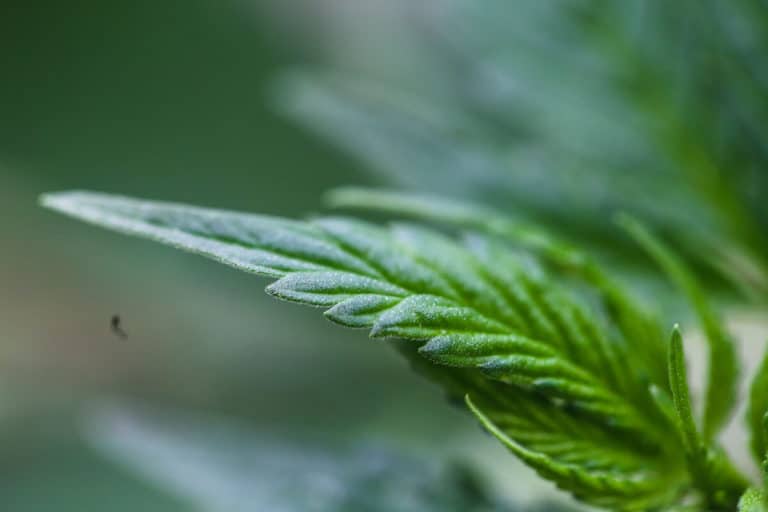Low-Cost Medical Cannabis Flower To Be Exported From Colombia For The First Time
Colombia is set to permit the export of medical cannabis flower for the first time in what could be a significant development for the global industry.
Cultivating in an ideal equatorial climate which allows for quintuple annual harvests, with low labour costs, will see flower prices significantly undercutting global competition.
In the United States the cultivation cost of medical cannabis is in the region of 50 cents – to one dollar per gram, compared to around five cents a gram in Colombia.
Colombian President Iván Duque Marquez is set to sign a new master decree for the cannabis industry.
Presidential Announcement Postponed
Replacing the existing decree 613, it will include approval to export dry flower for medical and scientific purposes and measures to encourage the development of a domestic cannabis-infused food and beverage market.
The changes follow months of lobbying by members of the Asocolcanna – the Colombian Cannabis Association.
And, follows a December 2020 letter by the Superintendency of Industry and Commerce to the Ministry of Health which recommended allowing flower exports.
An official announcement was due to be made by the President Marquez earlier this week with representatives from many of the country’s leading cannabis companies set to attend – however, this was postponed.
Nevertheless, an announcement is expected soon and is being welcomed by the country’s cannabis industry.
Oliver Zugel is founder and CEO of Foliumed, one of the dozen-or-so Colombian companies who have managed to successfully export medical cannabis extracts.
He said: “Our Latam CEO Diego Navarro and fellow members of the Cannabis Association in Colombia have worked closely over the last 18 months, with the government, to get this over the finishing line.
“For Colombian producers this will more than double the addressable market and boost the, until now, limited export revenues – as well as reducing the still-substantial operating losses of many licensed producers.
“Made in Colombia cannabis flower, from landrace genetics and cultivated organically, with zero-carbon footprint, is likely to have brand appeal to certain medical patients.”
High Barriers Of Entry
He said the country’s current stance on flower exports was a function of its desire not to be seen as a promoter of the drug trade.
However, he says the barriers to exporting will remain for many of the 400-plus domestic cannabis companies.
Foliumed is one of only a dozen-or-so Colombian companies to meet the current stipulations which only allow for the export of cannabis in pharmaceutical-grade extracts to medically regulated markets.
It, for example, exports a GACP (Good Agricultural and Collection Practice) Colombian-grown, API extract which requires further processing by its German partner to meet EU-GMP (European Union Good Manufacturing Practice) standards.
He added: “It’s not a simple process, in fact it is anything but, there are just a small number of Colombian companies that can produce pharma-quality products. This is a pharma game, one in which companies have to operate to accepted international standards.”
As of October 2020, total cannabis exports from Colombia amounted to only $5m, according to a report issued by Asocolcanna.
Industry Analyst Conor O’Brien at Prohibition Partners, says this move will help support the sector’s growth, whilst also helping patients worldwide.
He told BusinessCann: “This is a timely development both for industry in Colombia, as well as medical cannabis patients globally.
“Colombian producers could soon be able to tap the emerging markets in Europe and North America in the same way producers in Uruguay are currently doing, who have products on shelves in key emerging markets like Israel and Germany.
“The reported costs of production in Colombia are an order of magnitude lower than comparable costs in the United States at US$0.05-0.15 compared to US$0.50-1.00. This should mean lower prices on these medicines for patients in the future.
“Of course, several regions are competing to gain a foothold in emerging and established markets so, this development does not mean automatic success for exporters in the country, the medical cannabis flower export market is competitive.”
Doctor Education Bottleneck
Mr Zugel went on to say that while cheaper imports may well help reduce the cost of medical cannabis to patients the key bottlenecks in many markets are doctor education.
And, he remains sceptical that the decision will will have an immediate impact on the European market where barriers to entry remain in countries like Switzerland and Holland and elsewhere.
He added: “I cannot see a future where Colombian exports will squeeze out the domestic cultivators or current suppliers to Europe.
“There will be a middle way with space for local produce and imports and, in particular, in the larger and growing markets.
“The doctors are the gatekeepers; you can go as low in price as you want, but if they won’t prescribe it? They need to be convinced first.”
There are also issues with the level of global demand with Germany – Europe’s largest market – importing 10 tonnes of medical cannabis flower last year.
Luis Merchan, President and CEO of fellow Colombian firm Flora Growth, describes the development as a ‘game changer’, as it cautiously builds its business with a keen eye on global demand.
It has a 100 hectares site in Bucaramanga, which is being developed as demand grows. He told BusinessCann: “We only grow what we need. We have no inventory or overhang.”
He continued: “We are on the edge of our seat waiting for the changes to decree 613. This positive change will immediately propel Colombia to the front as a global competitor in the cannabis space.
“This will be game changer. Germany, the US and Canada; they cannot compete with the geographical advantage, the economic advantage, and the know-how, and skilled labour, we have developed for many years.”
Like Mr Zugel he highlighted how ‘only a handful of Colombian’ cultivators were currently capable of achieving international standards.
Mr Zugel added: “Changes to regulations in 1990s saw Colombia transform itself into one of the world’s largest exporters of rose flowers. Will this happen with medical cannabis flowers? At this stage – well, it’s probably too early to say.”
Colombian-focused company Avicanna hopes the changes to the cannabis rules will support its work in the pharmaceutical cannabinoid arena.
CEO Aras Azadian said: “We are hoping and are expecting a smoother and more expedited process in registering and exporting of cannabinoid-based pharmaceuticals which today is very complex. For bio-pharmaceutical company’s such as Avicanna that have taken the GMP pathway of producing finished drugs, we are hoping that we can export these products globally from of Colombia and capture more the value rather being a commodity exporter.”
BusinessCann approached fellow Colombian producers Clever Leaves and Khiron for some comments on these developments and is awaiting replies.
Written by, BusinessCANN








